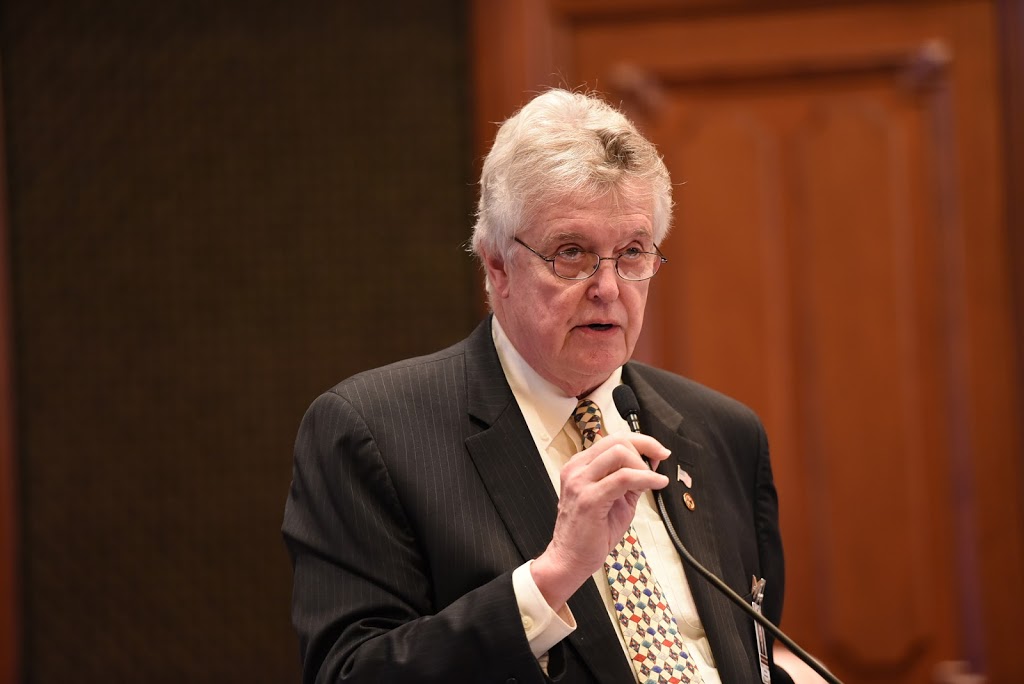Today State Representative Steve Reick (R-Woodstock) signed on as a co-sponsor of legislation that would prohibit units of government in Illinois from using taxpayer funds to pay for elective abortions. HB 4114, filed this morning in Springfield, is a bipartisan response to the recently-signed HB 40, which would force taxpayers to pay for elective abortions for state employees and Medicaid recipients.
“In the few states that have legalized Medicaid abortions, more than half of those states’ abortions end up being taxpayer-funded,” said Reick. “I recognize that the abortion issue is divisive, but many people who consider themselves to be ‘pro-choice’ also have said taxpayers shouldn’t be paying for them.”
The bill language is modeled after the federal Hyde Amendment, which prevents federal funding for abortions, other than for abortions sought in connection with pregnancies that result from rape or incest, or that threaten the life of the mother.
HB 4114 Chief Sponsor State Rep. Peter Breen (R-Lombard) said if the provisions of HB 40 take effect, Illinoisans will be on the hook for approximately 30,000 elective abortions per year at a price tag of approximately $1,000 each. “My ‘No Taxpayer Funding for Abortion Act’ would respect both the pocketbooks and consciences of Illinoisans,” Breen said. “With the incredible financial crisis facing our state, we don’t have the money required to cover those 30,000 abortions every year.”
Reick agreed, adding, “Normally, when we put a dollar out in Medicaid funding, the federal government sends 50 cents back to us. But due to the Hyde amendment, we would not receive a dime back for these elective abortions. Illinois is in a financial crisis. How will the state pay for these HB 40 abortions? Will we take funding away from other treatments or procedures, like diabetes treatment or heart medicines? How will we make up this staggering hit to our Medicaid system?”
Identical legislation was filed in the Illinois Senate today as SB 2241, and the sponsors and co-sponsors will be pressing for full debate and House and Senate votes on the bills during the upcoming fall veto session later this month.
